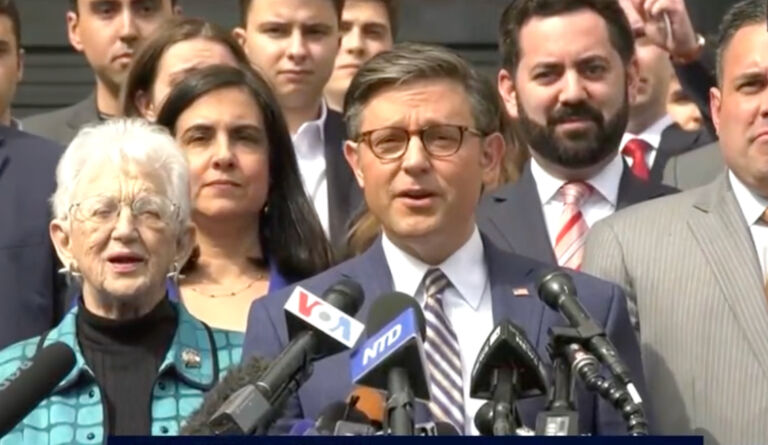In the Spotlight:
The Impact of the SBI Debacle
A Federal Bureau of Investigation (FBI) audit of the North Carolina State Bureau of Investigation (SBI) found that evidence had been withheld or distorted in about 200 cases.
The audit of cases, some going back 20 years, found repeated instances of test results favorable to defendants not being reported by the blood lab at the SBI.
The FBI report paints a picture of a renegade unit at the SBI crime lab acting without rules and with disregard for the science behind blood analysis, the [Charlotte] Observer said.
Some of the cases in which the crime lab allegedly acted improperly resulted in executions and involved many serious crimes, such as rape.
As a result of these actions, many old cases will come into question. There certainly will be a need to review the extent to which improper actions influenced the outcome of cases.
There could be a significant number of new trials as a result of the SBI’s actions over the last 20 years and lawsuits also could be on the horizon.
Those actions undermine the very legitimacy of the criminal justice system, which is a shame since most people in the criminal justice system are seeking to do the right thing.
These developments should, however, remind us why it is inappropriate to have blind faith in government, including those in law enforcement. There simply is no way to have perfect oversight. On issues dealing literally with life and death, we especially need to be wary about the level of deference we provide those in power.
This leads to my continued opposition to the recently enacted state law that requires law enforcement to collect DNA upon the arrest of individuals. During the debate on the bill, proponents argued that we should trust law enforcement, that protections are in place, and laws prohibit the misuse of the DNA samples. Those same arguments could have been used to defend the crime lab.
The state needs a crime lab. The lab does need to do blood analysis. The state does not need to have DNA samples of every arrestee, samples that reveal the most sensitive personal information imaginable. As science advances, the DNA samples could continue to yield far more sensitive information that it provides even today.
When the legislature comes back in 2011, they should place a moratorium on the collection of DNA upon arrest, at a minimum. Ideally, they hopefully will learn a key lesson from the SBI debacle. They should not provide an excessive amount of power to anyone in state government because there always will be those who will misuse that power.
Can The Government Plant a GPS Device Under Your Car Without a Warrant?
My colleague Sara Riggins discusses a very important Ninth Circuit Court of Appeals opinion:
It’s quiet out. A federal agent furtively sneaks to your driveway and crouches under your car, planting a GPS tracking device before disappearing into the darkness of the night.
This is what happened in the Ninth Circuit case, and surprisingly, the Court found that, even without a warrant, such an action did not violate the Fourth Amendment. The Court made some interesting comparisons that Sara strongly disagreed with:
Quite frankly, that logic of equating a FedEx delivery man, neighborhood kids selling Girl Scout cookies, or a neighborhood child looking for their runaway cat with a government agent planting a device that tracks your every move would be downright laughable if the implications of this case weren’t so disturbing.
Read more here.
Quick Takes
N.C. Supreme Court grants stay of Davidson campus police ruling
The N.C. Supreme Court today agreed to delay enforcement of a lower-court ruling that said Davidson College’s campus police cannot enforce state laws because it is a religious institution.
Also see this DavidsonNews.net article entitled "Update: Supreme Court grants stay of campus police ruling."
Polling Director: Polls Stating Americans Support Gay Marriage Untrustworthy
According to Tom Jensen, director of the North Carolina-based Public Policy Polling (PPP), polls finding that a majority of Americans support homosexual "marriage" cannot be trusted because Americans are sometimes hesitant to state their position before a live interviewer who may judge them to be intolerant.
Blogger beware: Postings can lead to lawsuits
Although bloggers may have a free-speech right to say what they want online, courts have found that they are not protected from being sued for their comments, even if they are posted anonymously.
Some postings have even led to criminal charges.


